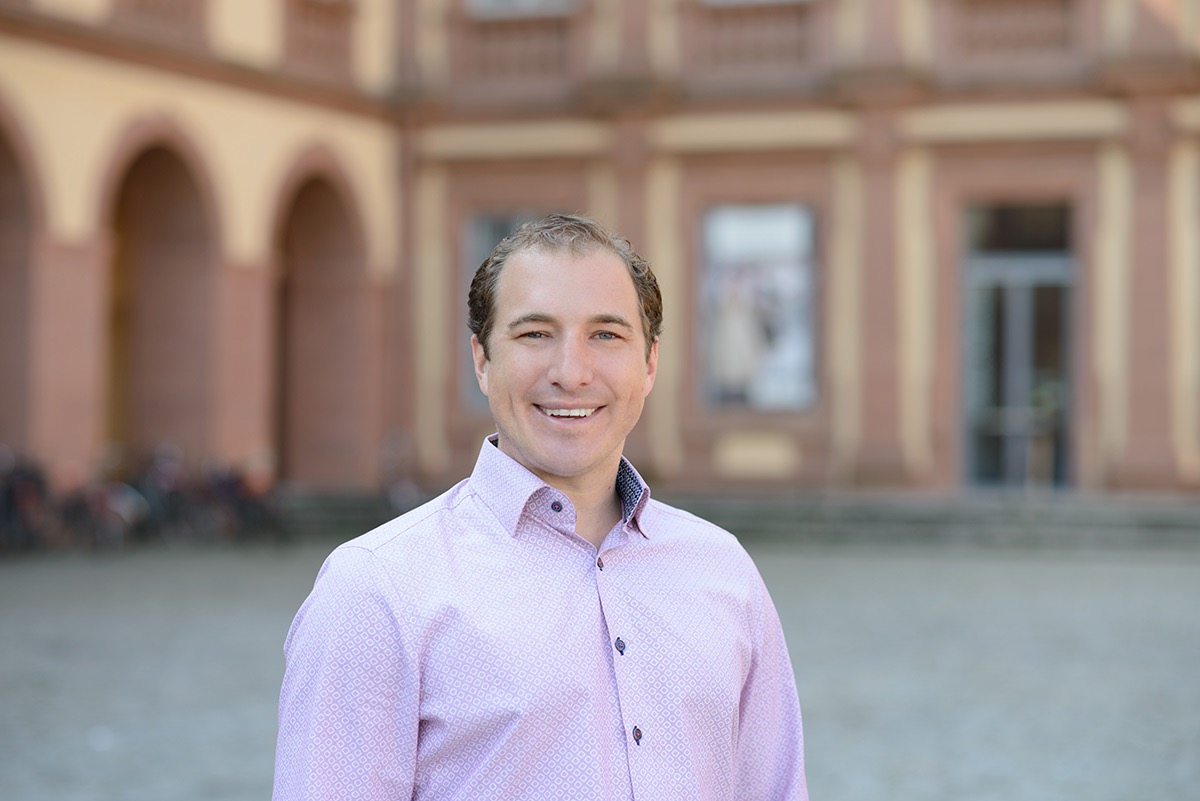
My primary responsibility is to scrutinize the model lifecycle and provide guidance for model development across various substantive topics. This enforces sound scientific standards for the ethical use of quantitative data. All models have some degree of uncertainty and inaccuracy because they are, by definition, imperfect representations of reality. My objective is to reduce adverse consequences from decisions based on inadequate models and flawed data. This not only includes identifying concepts and isolating model assumptions, but also evaluating the data (including sources of sample bias) and the analytical design that govern quantitative models. Awareness of the data generation process is critical. We can responsibly reduce complexity with coherent conceptual development, compatible analytics, and valid measures for the purposes of generating confident, data-driven, market decisions. My primary scripting language is R. Since models are imperfect representations, rigorous conceptual development and a sound analytical design process are critical. This all aligns with the Regulatory Guidance developed in SR 11-7 under the Federal Reserve and Department of Treasury.
I currently validate quantitative models as a Quantitative Risk Analyst for Model Risk Management at USAA Financial Services. This role governs and scrutinizes the statistical models and data that inform company decision-making with the objective to employ an expert perspective that enforces the scientific process in quantitative analyses. My previous role—as Decision Scientist—helped USAA colleagues develop business questions into a professional research process to better understand the interaction between policy decisions and customer experiences. This not only includes developing concepts and isolating the relationship between those concepts for the purposes of generating hypotheses, but also selecting the appropriate data and analytical design to empirically evaluate expectations with quantitative models. Three primary contributions exist from this role. I generated an R Package that automated the extraction of dominant customer preferences for USAA-Initiated Contact for the purposes of updating customers following a policy change and to reallocate resources in preparation for Customer-Initiated contact. I executed an original project that integrated disparate data sources to help capture the trade-offs associated with continued customer contact following delinquent payments. I also implemented professional standards for data generation, data processing, analytical design, and model development for the purposes of increasing resource efficiency in data-driven analytics.
With a PhD from Rice University in Political Science and a BA from Texas A&M University in Political Science and Economics, I have an ability to integrate multidisciplinary perspectives, to develop concepts, to create appropriate research design, to execute qualitative and quantitative methodologies, and to communicate this expertise to non-expert audience. I have developed and published original quantitative research in computational social sciences that employs recent advancements in numerical methods (natural language processing, MLE, stochastic processes, and web-scraping). This work is published in European Journal of Political Research, Electoral Studies, Legislative Studies Quarterly, and Journal of Politics. To validate an original measure that I created, I conducted mass surveys in Qualtrics and recruited subjects from Amazon MTurk. In other research, I automated the analysis of every model permutation (174,703 models), presented the output using a simple format, and demonstrated robust support for the theoretical argument. I have received research support from the US National Science Foundation and the German National Science Foundation, earning approximately 650,000 USD total from both countries
Field research in Latin America and Western Europe informs my perspective. While collecting original data from the government archives in Latin America, I interviewed in a non-native language a former president of Bolivia, the former president of the 2008 Ecuadorian constitution assembly, and more than 100 legislators. In Ecuador, I was a visiting researcher at the Facultad Latinoamericana de Ciencias Sociales (Latin American School of Social Sciences) and contributed to graduate lectures on research design. I have held prior positions at Lewis & Clark College in Portland, Oregon and the University of Mannheim in Mannheim, Germany and I have given guest lectures in Asia, Europe, Latin America, and the US on topics of Quantitative Methods, Research Design, Latin American politics, Gender & Ethnic Politics, Human Rights, Political Representation, and Democratic Governance.